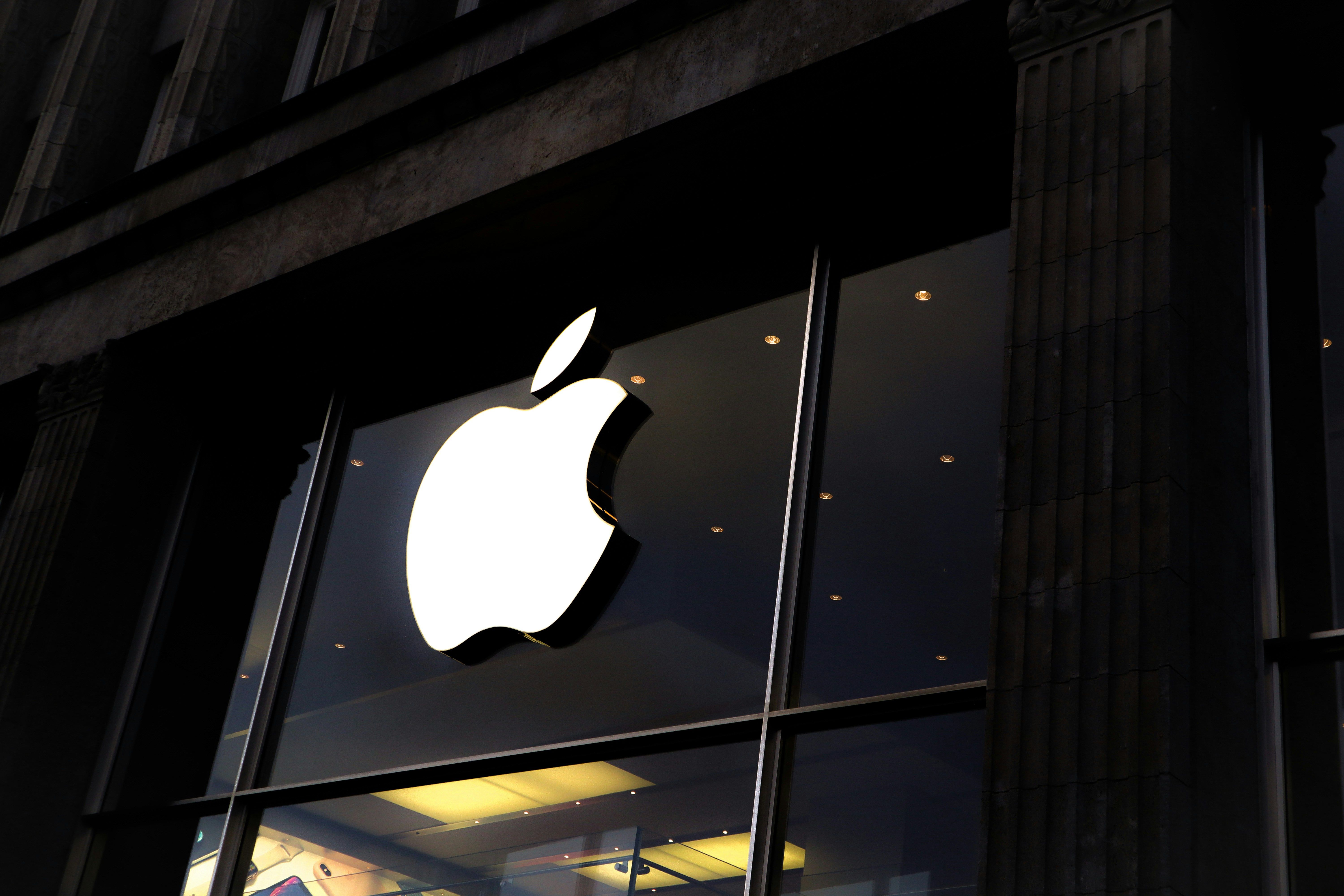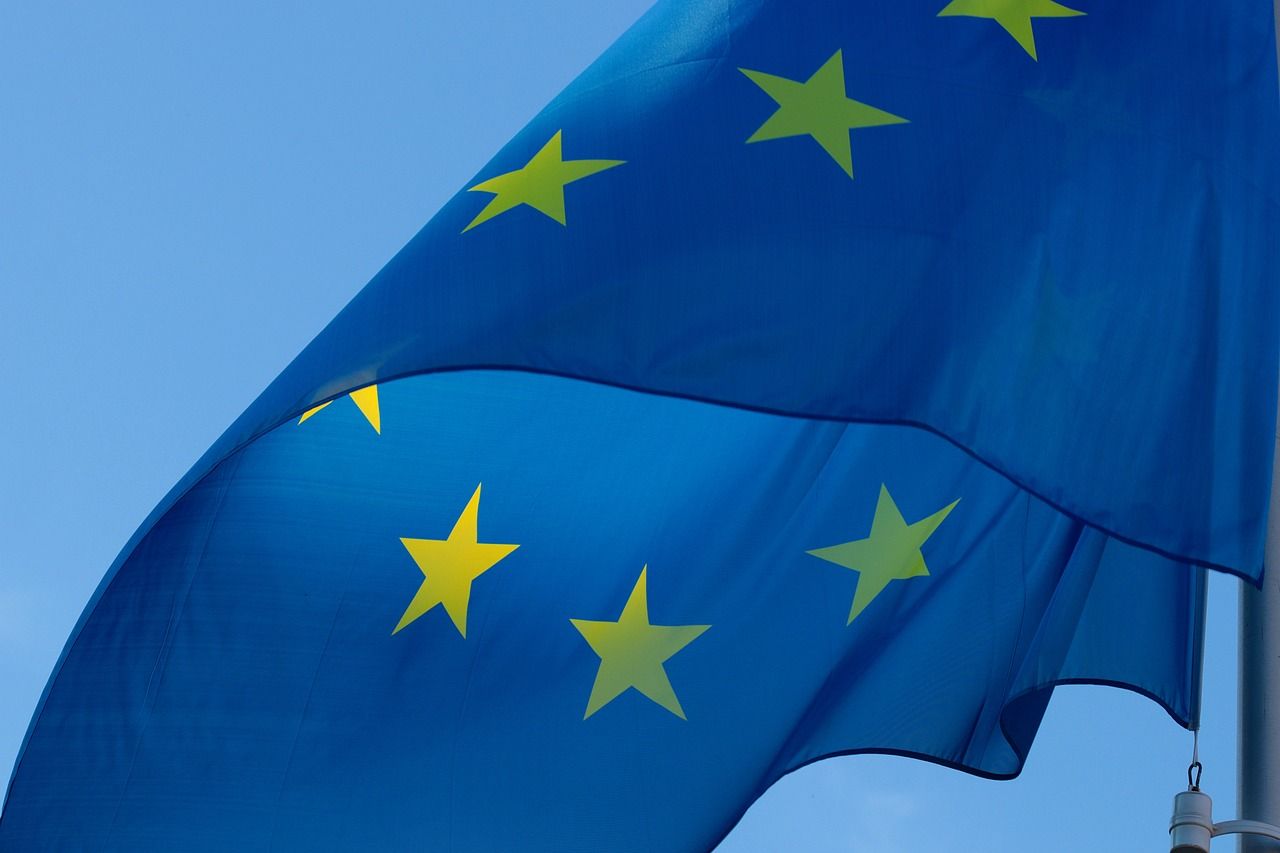The EU has recently launched a series of investigations targeting tech powerhouses Apple, Google, and Meta concerning possible non-compliance with the new Digital Markets Act (DMA). Spearheaded by the European Commission, these probes are set to examine whether the practices of these companies align with the DMA's antitrust rules, aiming to foster an open and competitive digital market within Europe.
The DMA is a watershed regulation designed to curb the dominating influence of “gatekeeper” platforms, ensuring they do not abuse their market power to the detriment of competition and consumer choice. It establishes specific obligations for these platforms to ensure that the digital sector remains fair and contestable.
Core Areas of Investigation

At the heart of the EU's concerns are several critical aspects of how these tech giants operate
- Google and Apple’s Anti-Steering Policies: The investigations will scrutinize the rules set by Apple and Google in their app stores that may limit developers from directing users to payment or subscription options outside of these platforms.
- Self-Preferencing Practices: Google's potential preference for its own services within its search results is under the microscope. This practice could unfairly disadvantage competitors by depriving them of visibility and market access.
- Apple’s Browser Choice and Meta’s Ad Targeting Model: The Commission is also looking into Apple's approach to browser selection on iOS devices and Meta’s controversial "pay or consent" model for ad targeting, which requires users to either agree to personalized advertising or pay for an ad-free experience.
- Fee Structures and Interoperability Concerns: Additional inquiries include Apple's newly announced fee structure for app distribution outside of its App Store, and the demand for Meta to make its Messenger service interoperable with other messaging platforms.
The investigations, expected to conclude within 12 months, highlight a significant push by the EU to ensure that the tech sector remains competitive and accessible to both consumers and businesses. Tech companies found in violation of the DMA could face hefty fines, amounting to up to 10% of their annual global revenue, or even 20% for repeated infringements. The outcome of these investigations will not only clarify the obligations of major tech platforms under the DMA but also set precedents for digital market regulations globally.
Why Are Apple, Meta, and Google Under Scrutiny?

Allegations of Non-compliance with DMA
The European Union (EU) has initiated investigations into Apple, Meta (formerly Facebook), and Google for potential breaches of the Digital Markets Act (DMA). The DMA, a landmark set of regulations, aims to ensure fair competition in the digital market and prevent anti-competitive practices by large tech firms, known as "gatekeepers." The investigations center on allegations that these companies have not fully adhered to the DMA's requirements, which could hamper the creation of a more open digital space in Europe. Specific accusations include restrictive practices in app stores, preferential treatment of their own services, and concerns regarding user choice and data privacy.
Specific Areas of Concern for Each Company
For Apple, the investigations focus on its App Store's anti-steering rules, a new fee structure for alternative app distribution, and the availability of browser choices on iOS devices. Google's scrutiny involves its anti-steering practices and allegations of self-preferencing its services in search results. Meta faces examination over its ad targeting model, which essentially offers users a choice between paying for ad-free access or consenting to data collection for targeted ads. These areas of concern highlight critical aspects of how these companies operate, potentially stifling competition and limiting consumer choice.
Potential Consequences of the Investigations
Should the investigations confirm non-compliance with the DMA, the implicated companies could face substantial penalties. Fines can reach up to 10% of annual global revenue, or even 20% for repeated infringements, posing significant financial risks. Beyond fines, these companies might be required to alter their business practices in Europe significantly, affecting their operations worldwide. The outcome of these investigations will not only impact the companies financially but could also set precedents for how digital markets are regulated globally.
Broader Implications of the EU's Actions

The Impact on Digital Market Competition
The EU's investigations into Apple, Meta, and Google represent a critical step towards achieving more equitable digital markets. By potentially curtailing anti-competitive practices, these actions could enhance competition, fostering innovation and offering consumers more choices. Smaller companies and new entrants may find it easier to compete, breaking the dominance of established giants. This process aligns with the EU's broader goals of ensuring an open, competitive digital economy that benefits consumers and businesses alike.
Responses from the Investigated Companies
Apple, Meta, and Google have each responded to the EU's actions with varying degrees of compliance and criticism. Apple's approach to allowing alternative app stores on iOS, albeit with a new fee structure, has been met with skepticism from critics who see it as a way to circumvent the DMA's intentions. Similarly, Meta's adjustment of its ad-free subscription pricing has been seen as an attempt to appease regulators without fundamentally altering its business model. These companies' responses signal their attempts to navigate the new regulatory landscape while maintaining their market positions.
The Future of Digital Regulations and Compliance
The EU's decisive action against Apple, Meta, and Google serves as a bellwether for the future of digital regulation. As these investigations progress, they will likely influence how digital markets are governed, not only in Europe but globally. Other jurisdictions may adopt similar measures, leading to a more harmonized approach to regulating tech giants. Additionally, the outcomes of these cases could prompt tech companies to proactively adjust their practices, prioritizing compliance and transparency. As the digital landscape continues to evolve, so too will the regulatory frameworks designed to ensure its fair and competitive nature.
The Path Forward in Digital Regulation

Key Takeaways
The ongoing investigations into Apple, Google, and Meta by the EU underscore a pivotal moment in the regulation of the digital arena. With these tech giants potentially non-compliant with the Digital Markets Act, the European Commission's decisive stance signals a shift towards more stringent oversight to ensure competitive and open digital markets. This probe is not merely about ensuring fairness today but setting a precedent for how digital gatekeepers will operate in the future. The focus on areas such as anti-steering in app stores, self-preferencing of services, the transparency of browser choices, and the ethics of ad targeting models delineates clear lines on what the EU considers fair play in digital markets.
How Can We Improve Going Forward
- Stronger Enforcement Mechanisms: The potential fines of up to 20% of annual global revenue for repeated infringements indicate how severe the EU views compliance breaches. This may lead to tech companies taking these regulations more seriously and adjusting their business models accordingly.
- Clarity on Compliance Requirements: The investigations into practices such as Apple’s browser choice screen and Meta’s pay or consent model will likely result in clearer guidelines on how digital laws should be interpreted and applied, benefiting both businesses and consumers.
- A Push Toward Greater Interoperability: The requirement for Meta to make Messenger interoperable with other messaging services hints at a future where interoperability becomes a standard expectation, fostering innovation and competition.
- Global Impact: While the EU is spearheading these regulatory efforts, the repercussions will be felt worldwide. Companies may find it easier to implement global changes rather than tailor their policies to individual markets, thereby raising the bar for digital rights and consumer protections globally.
As the EU continues its rigorous examination of these tech behemoths under the DMA, the message is clear - the path forward will demand greater accountability, transparency, and fairness from digital platforms. This could herald a new era of digital regulation where monopolistic tendencies are curbed, and a more democratic digital marketplace emerges, offering a level playing field for all stakeholders.






